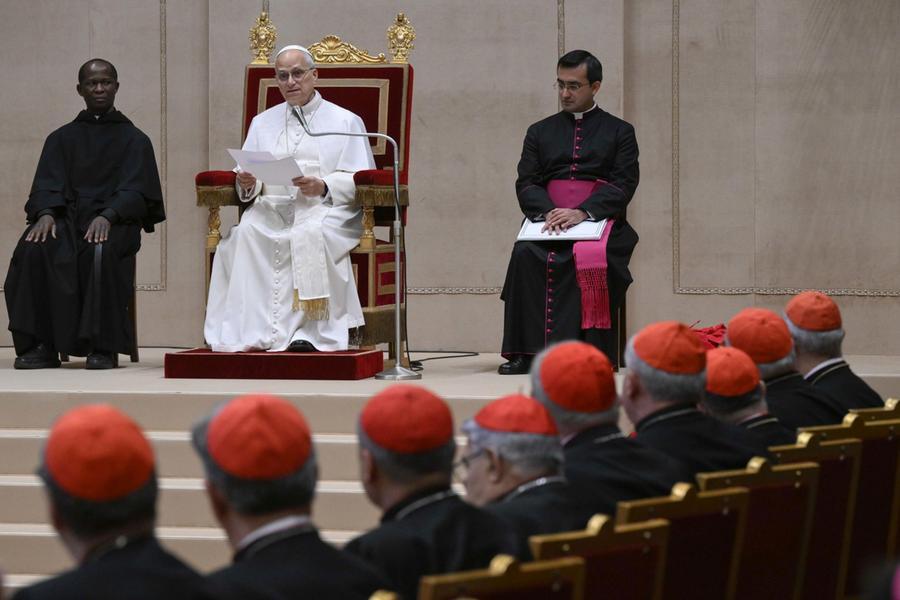Rental management does not suffer from amateurism. Faced with unpaid rent and charges from his tenant, a landlord issues him a leave for legitimate and serious reasonson February 21, 2018, we read in a judgment of the Court of Cassation of September 18, 2025, spotted by the law firm Neu-Janicki. In vain. The lessor therefore takes his tenant to court, requesting the termination of lease and expulsion.
The tenant refuses but is rejected by the Paris Court of Appeal. She then appealed to the Court of Cassation, arguing that her owner had neither justified nor regularized the amount of charges rental payments which he accuses him of not having paid. Gold “the lessor can only obtain the condemnation of an arrears of charges by proving their regularization”underlines the law firm.
Real estate: unpleasant surprise, not all first-time buyers will escape the increase in notary fees
Regularize rental charges at least once a year
For the record, the payment, by the tenant, of the co-ownership charges that the lessor is entitled to recover from him, is made by provisions. These are monthly advances of the same amount, determined according to the forecast budget of the co-ownership and the results of the previous regularization of charges. According to article 23 of the law of July 6, 1989 tending to improve rental relations, the charges must in fact be regularized at least once a yearby comparing the amount of provisions paid by the tenant and the expenses actually incurred by the owner.
If the provisions prove to be lower than the actual expenses, the owner requests a supplement from the tenant. If, on the contrary, the provisions are greater than the expenses, the owner pays the overpayment to the tenant. Furthermore, one month before regularization, the lessor must communicate to the tenant the breakdown by type of charges as well as, in buildings, the method of distribution of charges between the tenants. And, during the six months following the sending of this statement, he must keep supporting documents available to the tenant.
“My 20 rental investments bring me €10,000 per month, I moved to Mauritius”
Actual expenses lower than provisions
The complainant’s tenant found herself in the situation of provisions higher than the actual charges but only found out about it during the legal proceedings. On a total rent of 963.11 euros, its provision for charges amounted to 155 euros per month, i.e. 1,860 euros over a year. It is on the basis of these amounts that the court of appeal assessed the tenant’s debt at more than 8,000 euros.
However, in court, its owner demanded the payment of “only” 1,198.82 euros of actual charges for the year 2016, 1,438.89 euros for 2017 and 1,822.95 euros for 2018. Amounts all lower than the 1,860 euros of provisions for charges. Proof, for the tenant, that its lessor did not carry out the regularizations mandatory annual reports, which would have shown these discrepancies with the provision of 1,860 euros.
Rental investment: can an owner force his tenant to leave to carry out work?
The lessor ordered to pay 3,000 euros to the tenant
By declaring the termination of the lease, “without investigating whether the provisions on monthly charges claimed by the lessor had been regularized, and accordingly setting the amount of the arrears on charges, the court of appeal did not give a legal basis for its decision”criticizes the Court of Cassation, which therefore broken and canceled its stop. “When the judicial termination of the lease is requested for unpaid debts, the judge must control the annual regularization of the charges and the justification of the sums claimed. Otherwise, the lease cannot be terminated.deciphers the Neu-Janicki firm.
“Without regular justification, the lessor cannot obtain payment of the contested provisions”he insists. A lessor whom the Court of Cassation has also ordered to pay his tenant the sum of 3,000 eurosfor the costs it incurred in the course of the legal proceedings.










